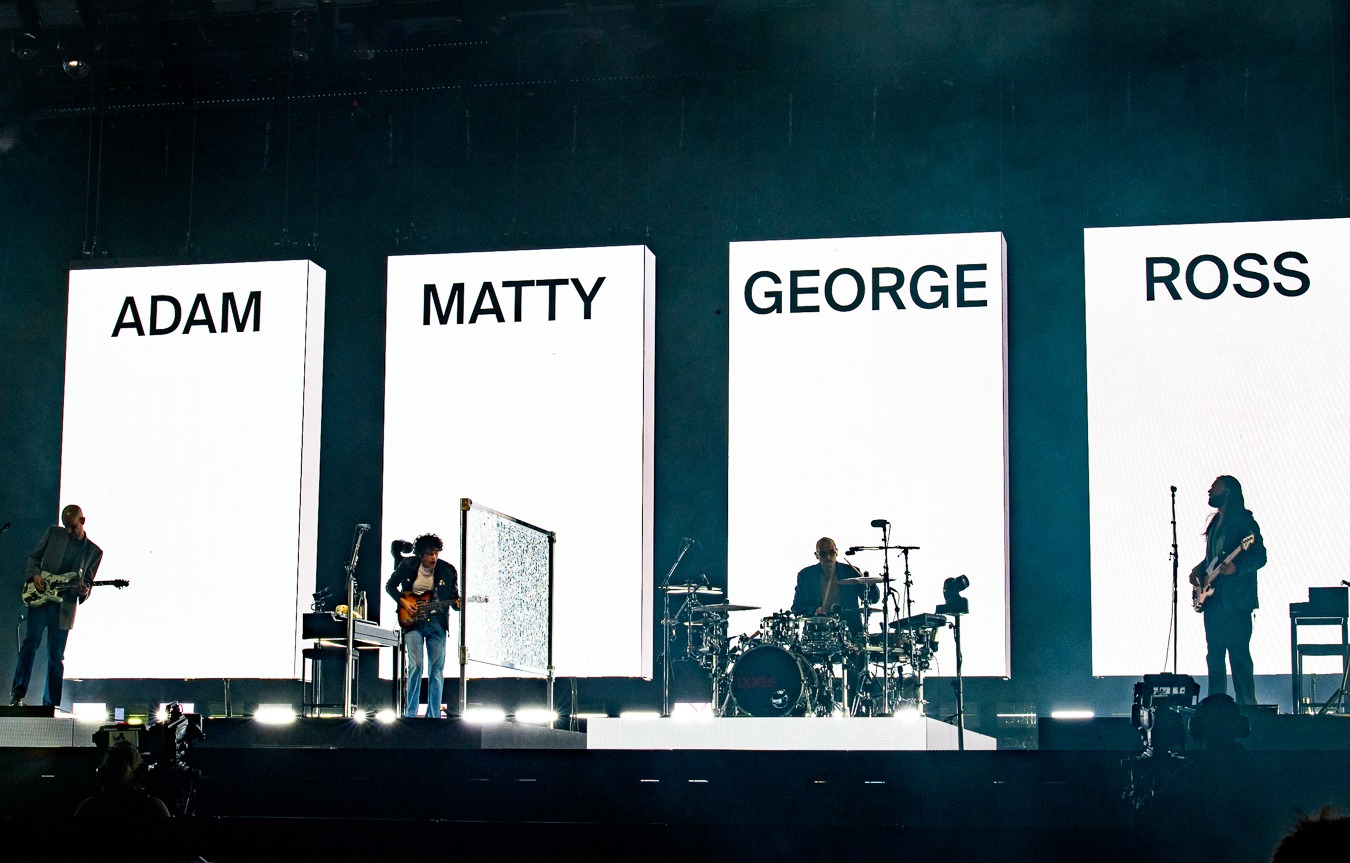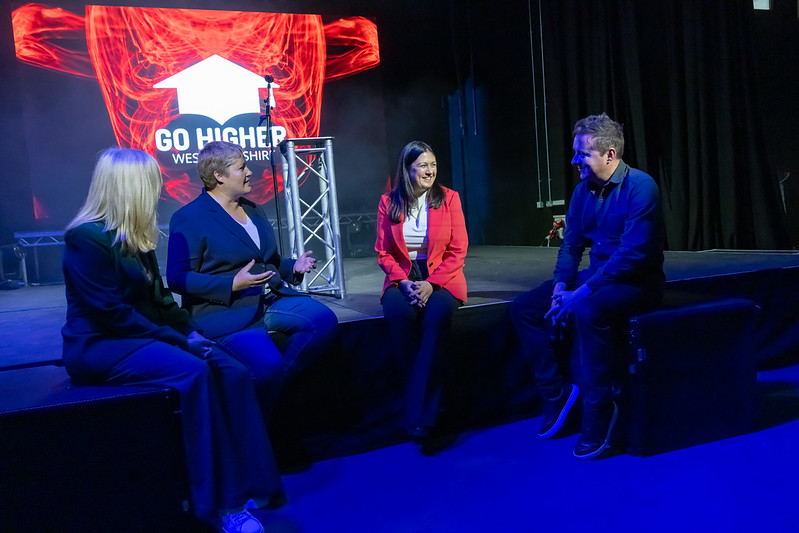As part of the UK Government’s new Creative Industries Sector Vision, the Secretary of State for Culture, Media & Sport, Lisa Nandy MP, visited Production Park in West Yorkshire – a leading UK creative cluster where major stage and screen productions come to life, and a hub for innovation, technical excellence, and specialist skills development.
The visit marked a significant moment for both Production Park and the wider region, which has been named one of six priority areas set to benefit from the government’s £150 million Creative Industries Growth Fund. The Secretary of State’s tour was designed to highlight examples of best practice in creative infrastructure and to reinforce the government’s commitment to supporting regional ecosystems that combine education, innovation and industry.
At Production Park, this ecosystem is fully realised and growing – bringing together global-scale rehearsal studios, industry-leading training through the Academy of Live Technology (ALT), and cutting-edge R&D through partnerships like XPLOR and the CoSTAR Network.

The Creative Industries Sector Vision sets out a 10-year plan to drive growth by strengthening local clusters, supporting exports, investing in innovation, and widening access to creative careers. Production Park is already delivering on each of these priorities. Based in South Kirkby, West Yorkshire, it demonstrates how meaningful investment in specialist infrastructure and skills can transform a local cluster into a globally competitive creative hub.
“From global tours for artists like Beyoncé, Sam Fender and Coldplay to original productions like Adolescence, the work created here is helping drive the future of live experience,” said Lee Brooks, CEO of Production Park. “This visit was not only a chance to showcase that work, but to demonstrate what can be achieved when education, industry, and innovation are embedded in one place.”
A Showcase of Scale and Impact
During her visit, Lisa Nandy toured the Park’s flagship Studio 001, where she saw first-hand the production build and rehearsal for The 1975’s headline set at Glastonbury. Widely regarded as one of the most technically ambitious festival performances ever attempted, the show was brought to life over several weeks at Production Park – highlighting the scale and complexity of projects delivered from this regional base.

This moment underlined one of the visit’s key messages: world-class productions aren’t limited to London. In fact, many of the largest and most technically innovative live events in the world are now designed, rehearsed, and produced in West Yorkshire.
The visit also showcased the work of the Academy of Live Technology (ALT), which trains students across technical production, stage management, creative design, and emerging entertainment technologies. With campuses in the UK, the United States, and a growing presence in Saudi Arabia, ALT is playing an increasingly global role in training industry-ready talent for the live events and creative sectors.
ALT’s approach is rooted in real-world learning that equips students with the skills and experience needed to build meaningful careers in the live entertainment and creative industries. The government's new Creative Careers Service closely aligns with this mission, particularly in its focus on expanding access to industry pathways in regions that have historically lacked specialist infrastructure and opportunity.

Supporting the Future of Creative Growth
As the government moves to implement the Creative Industries Sector Vision, Production Park offers a clear example of what a future-facing cluster can look like: research-led, industry-integrated, and regionally anchored – yet globally relevant.
With expansion underway, including new studio space and an expanded supply chain hub, Production Park is poised to build on this momentum. The team welcomed the government’s commitment to strengthening regional networks and ensuring capital investment is targeted toward innovation-led infrastructure.
The visit closed with thanks to the DCMS team and partners including TAIT and the CoSTAR Network, whose collaboration continues to help drive innovation and training within the Park. As the UK looks to the next decade of creative sector growth, Production Park is ready to play a central role – not only as a production facility, but as a blueprint for how regional clusters can power national progress.
Photo credits: Department for Culture Media & Sport
